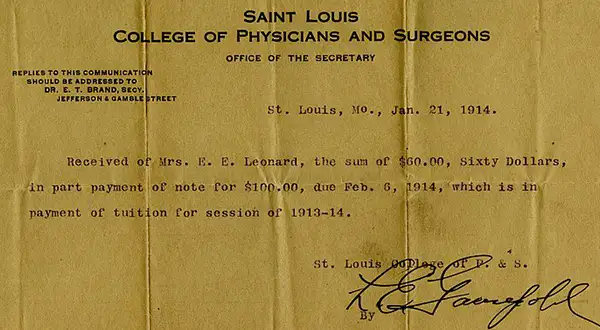Dental insurance is confusing, and not just because you need entirely separate insurance just for your mouth bones.

There’s also very little transparency into how insurers spend their money — something a Massachusetts ballot initiative aims to change.
Some background
Medical loss ratio (MLR) is the percentage of premium revenue spent on medical claims and improvements to care, versus admin costs and profit.
- Per the Affordable Care Act, US health insurers must meet a minimum MLR of 80% or issue rebates to patients.
- This year’s rebates are expected to total ~$1B, or ~$128 per customer.
Dental insurers don’t have minimum MLRs, and only California and Maine require annual reports — so we don’t even know most insurers’ MLR.
Massachusetts’ Ballot Question 2…
… would set a minimum MLR of 83% for state dental insurers, and require them to share financial data.
If passed, it would be the first such law in the US.
In favor: Dentists.
“It’s a baseline protection,” Dr. Andrew Tonelli, spokesperson for Massachusetts Dental Care Providers for Better Dental Benefits, told The Hustle. “If a patient walks into my chair and they have dental insurance, I can at least rest assured that they’re getting a reasonable deal.”
- The Committee on Dental Insurance Quality asserts that in 2019, the state’s largest insurer, Delta Dental, paid $382m in exec bonuses, commissions, and payments to affiliates, compared to $177m on patient care.
Opposed: Dental insurers, who claim premiums would increase as much as 38% (citing a study commissioned by a trade group for dental insurers).
An analysis by Evan Horowitz, executive director of Tufts University’s Center for State Policy Analysis, found that Question 2 likely wouldn’t transform insurance, and that any price increases would be minimal.
But, he told Boston.com, the financial reporting would help us understand the market and inform “future laws around solving problems for patients and participants.”







